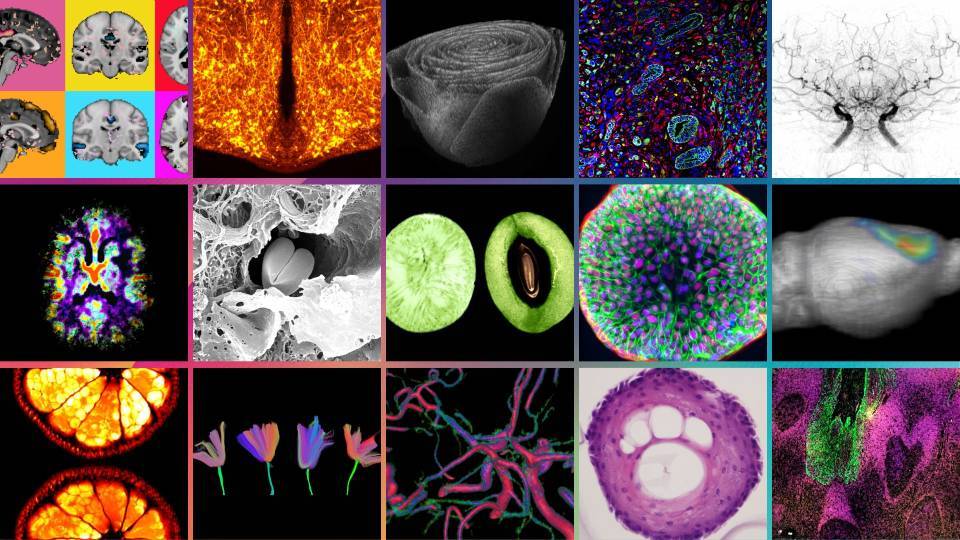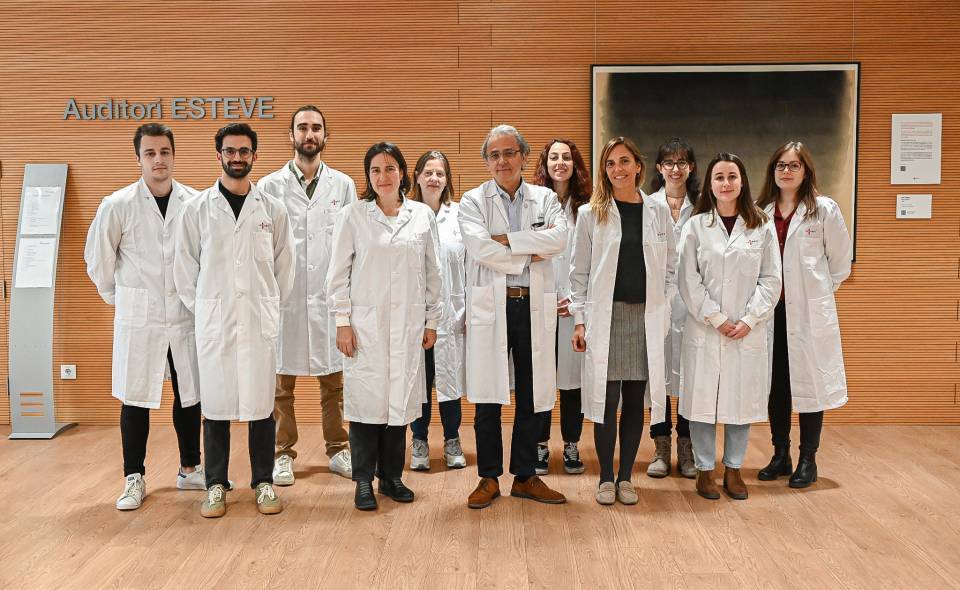The study, published in the British Medical Journal, involved Eduard Vieta, head of the Psychiatry and Psychology Service at the Hospital Clínic and of the IDIBAPS Depressive and bipolar disorders group, CIBERSAM researchers and chair of Psychiatry at the University of Barcelona; and Joaquim Raduà, head of the IDIBAPS Imaging of mood- and anxiety-related disorders (IMARD), CIBERSAM researchers and associate professor at the University of Barcelona. The study was led by Elena Dragioti (Linköping University), Marco Solmi (University of Ottawa), and Jae Il Shin (Yonsei University).
Cannabis contains over 100 cannabinoids, of which Tetrahydrocannabinol (THC) and Cannabidiol (CBD) are the most clinically relevant. The use of CBD to treat neurological disorders such as treatment-resistant childhood epilepsy was proposed over a decade ago. However, its consumption is controversial given that there are around 24 million people worldwide with cannabis use disorder. In Spain, 3.7% of the population use cannabis on a daily or almost daily basis, with a high health risk consumption pattern. Moreover, 15% of the Spanish population between the ages of 15 and 64, and 11% of adolescents (14-18 years old), think that consuming cannabis has no effect on health (EDADES and ESTUDES, 2022).
Cannabis and health: risks and clinical benefit
The study consisted of a systematic assessment of the associations reported between cannabis, cannabinoids and cannabis-based medicines and human health, based on the review of 101 meta-analyses (50 observational and 51 clinical trials).
From the analysis of clinical trials, it is clear that medicines based on cannabis and/or cannabinoids can improve certain conditions such as epilepsy, pain, and inflammatory bowel disease, despite having adverse effects on the central nervous system.
“But from observational studies we found that there was evidence of significant harmful effects, especially in certain groups: an increased risk of psychosis in young people, adolescents and people prone to mental health problems; pregnant women giving birth to low birth weight babies; and an increased risk of car accidents”, explains Joaquim Raduà. “There was also evidence, but more moderate, both of an improvement in other conditions, such as multiple sclerosis, and of other side effects, gastrointestinal ones”, he adds.
Dr. Eduard Vieta points out the importance of this study because “it clearly indicates that we need to prevent the use of cannabis and its derivatives in people at risk, which are young people under the age of 25, pregnant women and people who drive. All these people should not use cannabis in any way; they should try not to consume it except in specific cases where a clinical benefit has been demonstrated”.
Study reference:
Solmi M, De Toffol M, Kim JY, Choi MJ, Stubbs B, Thompson T, Firth J, Miola A, Croatto G, Baggio F, Michelon S, Ballan L, Gerdle B, Monaco F, Simonato P, Scocco P, Ricca V, Castellini G, Fornaro M, Murru A, Vieta E, Fusar-Poli P, Barbui C, Ioannidis JPA, Carvalho AF, Radua J, Correll CU, Cortese S, Murray RM, Castle D, Shin JI, Dragioti E. Balancing risks and benefits of cannabis use: umbrella review of meta-analyses of randomised controlled trials and observational studies. BMJ. 2023 Aug 30;382:e072348. doi: 10.1136/bmj-2022-072348. PMID: 37648266; PMCID: PMC10466434.




